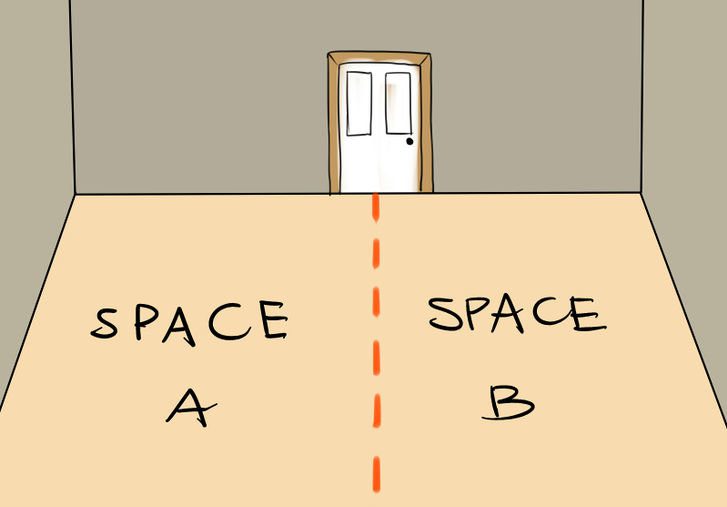Are you sick of seeing a sink full of dirty dishes because your flatmates are really lazy? Are you frustrated by your loud neighbours at night? The good news is there are solutions to these problems! But first, let me explain why people do these things.
In economics, there is something called an ‘externality’. An externality can be a cost or a benefit, but most importantly externality is something that affects a party who did not choose to incur it. Having to experience dirty living space due to your flatmates’ irresponsible actions is an externality, as it didn’t occur because of you. Similarly, enduring the loud noises from your roommates at night is also an externality. Why do people keep doing things that will negatively affect other people? Economists explain this using cost and benefit. Before making a decision, an individual weighs up the cost and benefit associated with the action. If the benefit exceeds the cost, the person will take the action (obviously). However, when making the decision, the person does not usually include the cost to others in his/her decision making. This is why we often see people not giving a flying fish about how their actions might affect the people around them. So, what are the solutions? One solution is regulation. The government regulates to encourage or force everyone to reduce the externality. You can set up a regulation with your flatmates on how many dirty dishes can be left out and agree on a penalty for people who do not obey. Another solution is what economists call internalising externality, which means shifting the costs or benefits from externality to the person who caused the externality. This can be achieved by tax. Tax increases the cost to the person, so when making a decision they are forced to take into account of the extra cost to other people. However, it is tough to find the right amount of tax to reflect the costs to other people correctly. If you can charge your flatmates for every dirty dish left out, how much would you charge them? Can you actually put a dollar amount on your feeling of disgust when you walk past the sink? Probably not. Next time you see your flatmates leaving dirty dishes in the sink, try applying the solutions. If they think you are eccentric, give them a lesson on externality.
P.S. While this article focuses on negative externalities, there are positive ones too! Why don’t you remove the password from your WiFi, it will help everyone!
We acknowledge the Ngunnawal and Ngambri people, who are the Traditional Custodians of the land on which Woroni, Woroni Radio and Woroni TV are created, edited, published, printed and distributed. We pay our respects to Elders past and present. We acknowledge that the name Woroni was taken from the Wadi Wadi Nation without permission, and we are striving to do better for future reconciliation.
